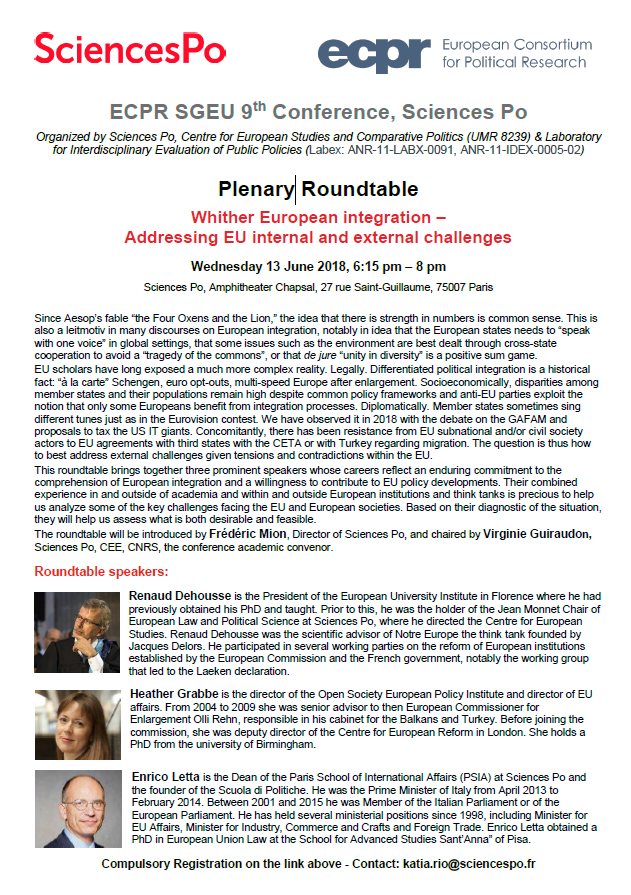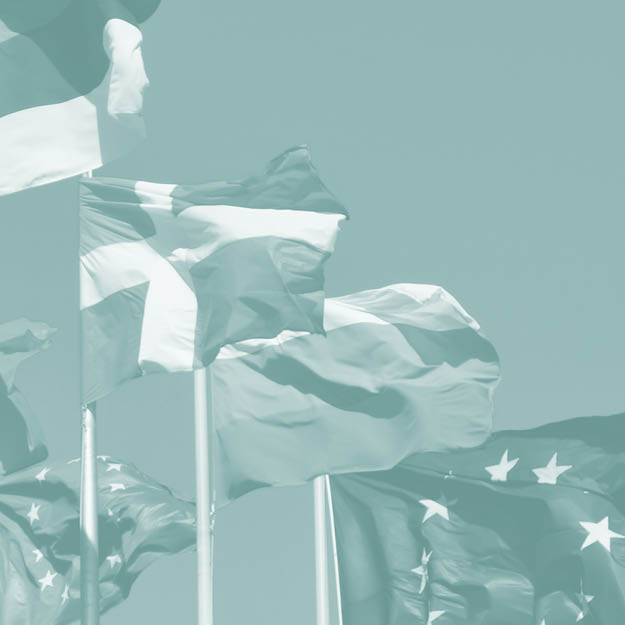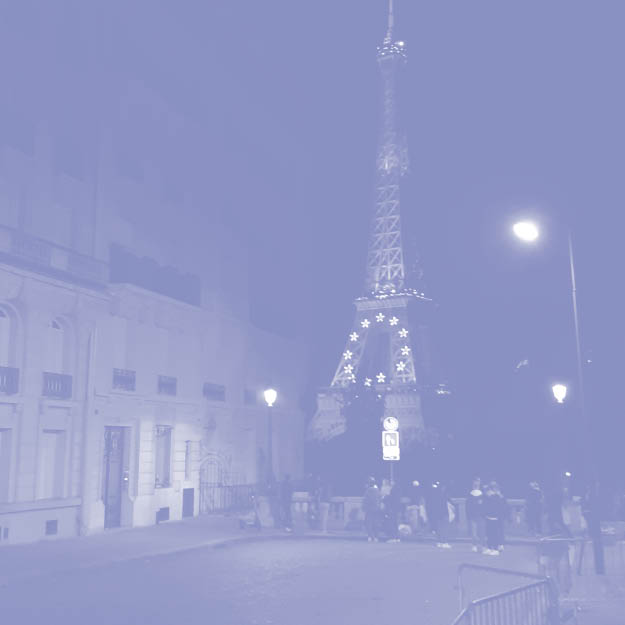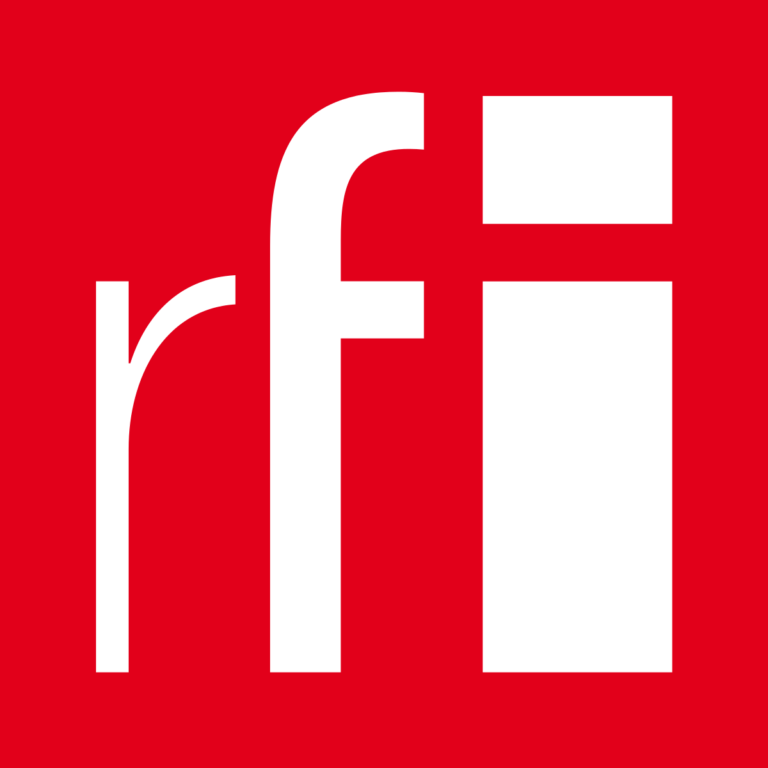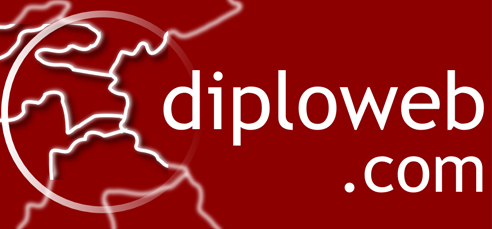Paris, 13 June 2018 – Whither European integration – Addressing EU internal and external challenges
Enrico Letta, President of the Jacques Delors Institute, intervenes for a conference co-organised by Sciences Po. and the European Consortium for Political Research. This event aims at addressing contemporary issues the EU has to deal with, from the socioeconomic disparities between Member States to external challenges such growing trade tensions and the migration crisis.
Since Aesop’s fable “the Four Oxens and the Lion,” the idea that there is strength in numbers is common sense. This is also a leitmotiv in many discourses on European integration, notably in idea that the European states needs to “speak with one voice” in global settings, that some issues such as the environment are best dealt through cross-state cooperation to avoid a “tragedy of the commons”, or that de jure “unity in diversity” is a positive sum game.
EU scholars have long exposed a much more complex reality. Legally. Differentiated political integration is a historical fact: “à la carte” Schengen, euro opt-outs, multi-speed Europe after enlargement. Socioeconomically, disparities among member states and their populations remain high despite common policy frameworks and anti-EU parties exploit the notion that only some Europeans benefit from integration processes. Diplomatically. Member states sometimes sing different tunes just as in the Eurovision contest. We have observed it in 2018 with the debate on the GAFAM and proposals to tax the US IT giants. Concomitantly, there has been resistance from EU subnational and/or civil society actors to EU agreements with third states with the CETA or with Turkey regarding migration. The question is thus how to best address external challenges given tensions and contradictions within the EU.
This roundtable brings together three prominent speakers whose diagnostic of the situation will help us assess what is both desirable and feasible :
- Enrico Letta, President of the Jacques Delors Institute and Dean of the Paris School of International Affairs (PSIA) at Sciences Po.
- Heather Grabbe, Director of the Open Society European Policy Institute and Director of EU Affairs.
- Renaud Dehousse, President of the European University Institute in Florence
The roundtable is introduced by Frédéric Mion, Director of Sciences Po, and chaired by Virginie Guiraudon, Sciences Po, CEE, CNRS, the conference academic convenor.
Since Aesop’s fable “the Four Oxens and the Lion,” the idea that there is strength in numbers is common sense. This is also a leitmotiv in many discourses on European integration, notably in idea that the European states needs to “speak with one voice” in global settings, that some issues such as the environment are best dealt through cross-state cooperation to avoid a “tragedy of the commons”, or that de jure “unity in diversity” is a positive sum game.
EU scholars have long exposed a much more complex reality. Legally. Differentiated political integration is a historical fact: “à la carte” Schengen, euro opt-outs, multi-speed Europe after enlargement. Socioeconomically, disparities among member states and their populations remain high despite common policy frameworks and anti-EU parties exploit the notion that only some Europeans benefit from integration processes. Diplomatically. Member states sometimes sing different tunes just as in the Eurovision contest. We have observed it in 2018 with the debate on the GAFAM and proposals to tax the US IT giants. Concomitantly, there has been resistance from EU subnational and/or civil society actors to EU agreements with third states with the CETA or with Turkey regarding migration. The question is thus how to best address external challenges given tensions and contradictions within the EU.
This roundtable brings together three prominent speakers whose diagnostic of the situation will help us assess what is both desirable and feasible :
- Enrico Letta, President of the Jacques Delors Institute and Dean of the Paris School of International Affairs (PSIA) at Sciences Po.
- Heather Grabbe, Director of the Open Society European Policy Institute and Director of EU Affairs.
- Renaud Dehousse, President of the European University Institute in Florence
The roundtable is introduced by Frédéric Mion, Director of Sciences Po, and chaired by Virginie Guiraudon, Sciences Po, CEE, CNRS, the conference academic convenor.
France
Paris
SUR LE MÊME THÈME
ON THE SAME THEME
PUBLICATIONS
[FR] Spitzenkandidaten : oui ou non ?

European Confederation. A much-maligned concept

Belonging to Europe

MÉDIAS
MEDIAS
En Europe, le marché unique fête ses 30 ans, entre satisfaction et désillusion

Les grandes voix européennes: Jacques Delors, l’architecte de l’intégration européenne

Vidéo. N. Gnesotto. L’Europe : changer ou périr ?










